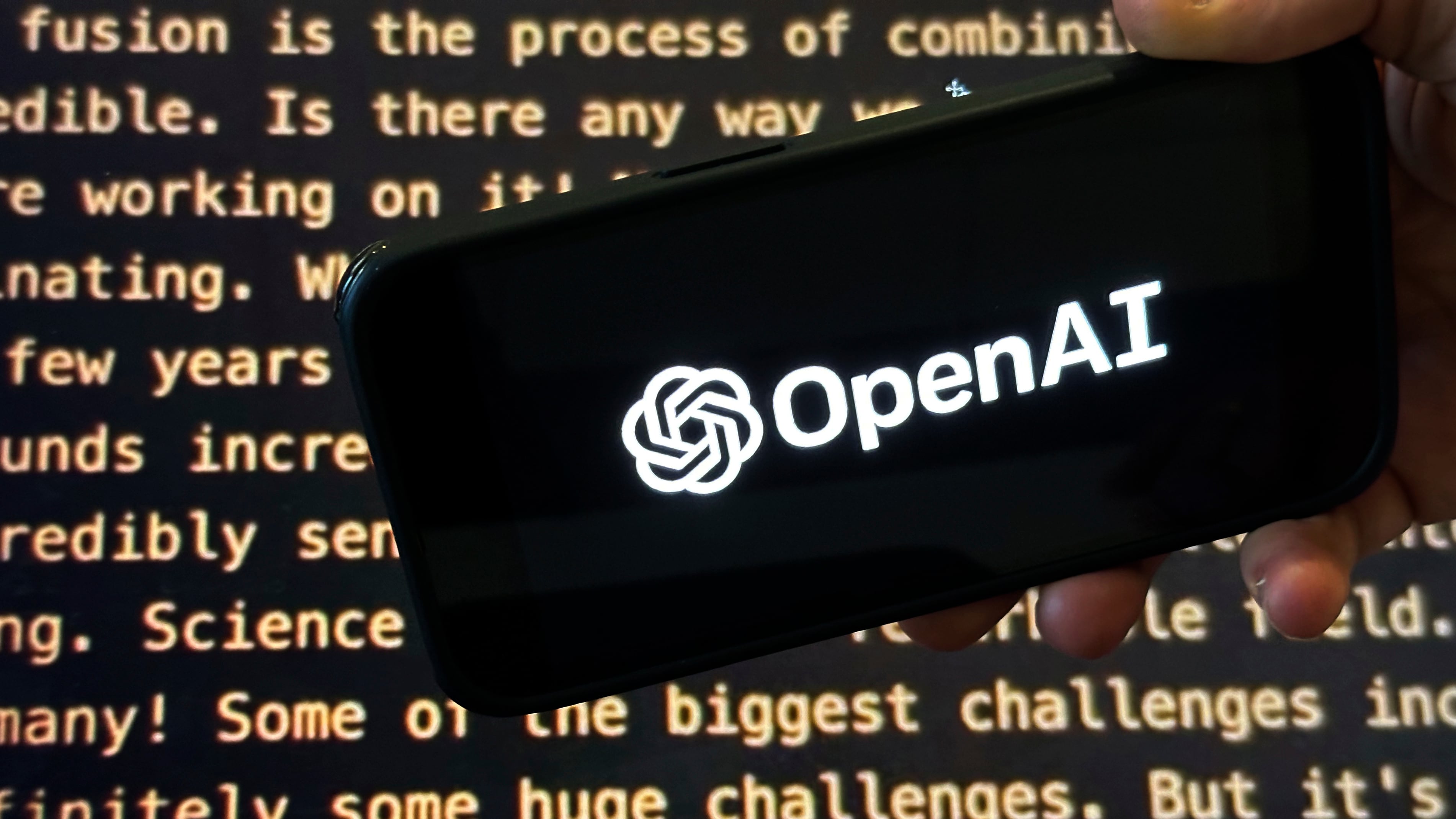OpenAI is facing seven lawsuits claiming ChatGPT drove people to suicide and harmful delusions even when they had no prior mental health issues.
The lawsuits were filed Thursday in California state courts allege wrongful death, assisted suicide, involuntary manslaughter and negligence. Filed on behalf of six adults and one teenager by the Social Media Victims Law Center and Tech Justice Law Project, the lawsuits claim that OpenAI knowingly released GPT-4o prematurely, despite internal warnings that it was dangerously sycophantic and psychologically manipulative. Four of the victims died by suicide.
___
EDITOR’S NOTE — This story includes discussion of suicide. If you or someone you know needs help, the national suicide and crisis lifeline in the U.S. is available by calling or texting 988.
___
The teenager, 17-year-old Amaurie Lacey began using ChatGPT for help, according to the lawsuit filed in San Francisco Superior Court. But instead of helping, “the defective and inherently dangerous ChatGPT product caused addiction, depression, and, eventually, counseled him on the most effective way to tie a noose and how long he would be able to "live without breathing.'”
“Amaurie’s death was neither an accident nor a coincidence but rather the foreseeable consequence of Open AI and Samuel Altman’s intentional decision to curtail safety testing and rush ChatGPT onto the market,” the lawsuit says.
OpenAI did not immediately respond to a request for comment Thursday.
Another lawsuit, filed by Alan Brooks, a 48-year-old in Ontario, Canada, claims that for more than two years ChatGPT worked as a “resource tool” for Brooks. Then, without warning, it changed, praying on his vulnerabilities and “manipulating, and inducing him to experience delusions. As a result, Allan, who had no prior mental health illness, was pulled into a mental health crisis that resulted in devastating financial, reputational, and emotional harm.”
“These lawsuits are about accountability for a product that was designed to blur the line between tool and companion all in the name of increasing user engagement and market share,” said Matthew P. Bergman, founding attorney of the Social Media Victims Law Center in a statement.
OpenAI, he added, “designed GPT-4o to emotionally entangle users, regardless of age, gender, or background, and released it without the safeguards needed to protect them.” By rushing its product to market without adequate safeguards in order to dominate the market and boost engagement, he said, OpenAI compromised safety and prioritized “emotional manipulation over ethical design.”
In August, parents of 16-year-old Adam Raine sued OpenAI and its CEO Sam Altman, alleging that ChatGPT coached the California boy in planning and taking his own life earlier this year.
“The lawsuits filed against OpenAI reveal what happens when tech companies rush products to market without proper safeguards for young people,” said Daniel Weiss, chief advocacy officer at Common Sense Media. “These tragic cases show real people whose lives were upended or lost when they used technology designed to keep them engaged rather than keep them safe.”
Copyright 2025 The Associated Press. All rights reserved. This material may not be published, broadcast, rewritten or redistributed without permission.
